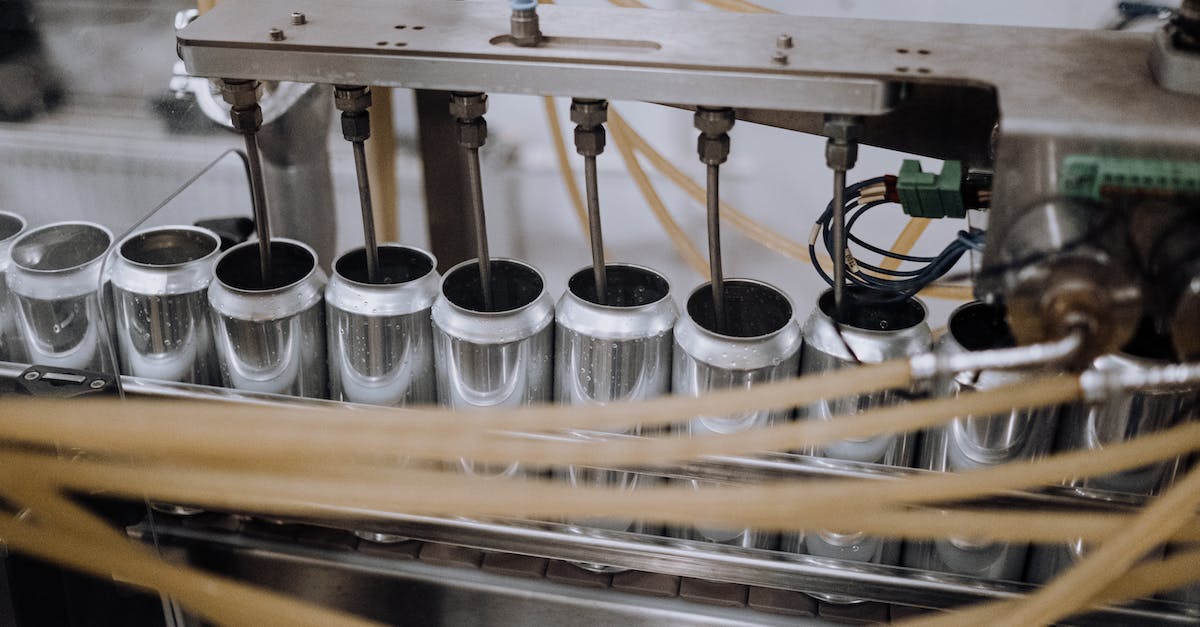在现代社会,自动化几乎改变了所有行业。从银行业到零售业,自动化彻底改变了这些行业的运作方式。制造业也不例外。自动化技术彻底改变了制造业的运作方式。
自动化生产线、机器人和人工智能的使用使制造商能够大幅提高效率、产量和质量。通过采用自动化,制造业能够变得更精简、更灵活、更高效。在本文中,我们将介绍改变制造业的四种现代自动化技术。
1.自动化生产线
自动化生产线是现代制造业不可或缺的一部分。自动化生产线几乎不需要人工,使制造商能够大幅降低成本、提高质量和生产率,并提高安全性。
典型的自动化生产线由机械臂、传送带和传感器组成。这些组件协同工作,使产品快速、一致且准确地完成生产流程。自动化生产线使制造商能够在更短的时间内生产出更多的产品,同时减少浪费和材料成本。
2. 机器人技术
机器人是改变制造业的另一项关键自动化技术。机器人可以自动移动、提升和分类材料,速度快且精确。先进的机器人甚至可以执行组装产品、焊接和安装零件等复杂任务。
制造商正在利用机器人大幅提高生产率。工厂机器人可以不间断地连续工作,从而能够在更短的时间内生产出更多的产品。
3.人工智能
人工智能 (AI) 是另一项彻底改变制造业的关键技术。人工智能使机器人能够感知其工作环境的变化并做出相应调整。这使得机器人能够检测到缺陷并采取行动来即时纠正它们。
人工智能还被用于监控和优化工厂生产。人工智能驱动的分析可以跟踪性能并识别效率低下之处。这使制造商能够做出数据驱动的决策,以提高其生产流程的效率。
4.物联网(IoT)
物联网 (IoT) 是正在改变制造业的连接设备网络。物联网设备使用传感器来捕获可用于提高效率、质量和安全性的数据。通过连接机器、产品和流程,工厂可以创建高度自动化和互联的生产环境。
物联网设备可以相互通信,并与人类操作员通信,使工厂能够远程协调运营并自动执行复杂任务。这有助于工厂变得更加敏捷和响应迅速,使它们能够快速适应不断变化的条件而不会受到任何干扰。
这四项技术——自动化生产线、机器人、人工智能和物联网——彻底改变了制造业。通过采用自动化,制造商可以提高效率、降低成本并改善产品质量。



















